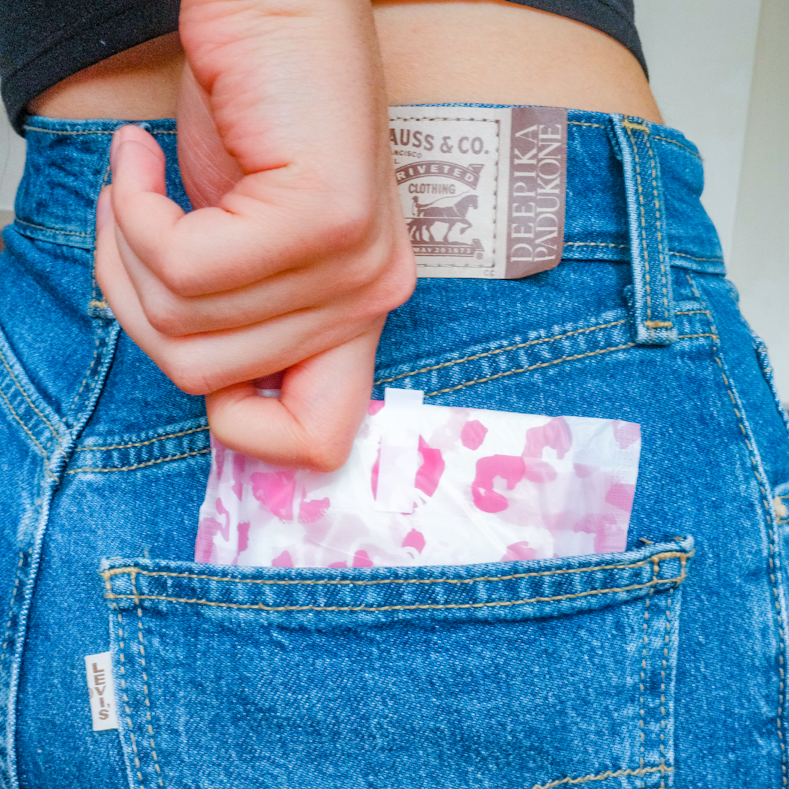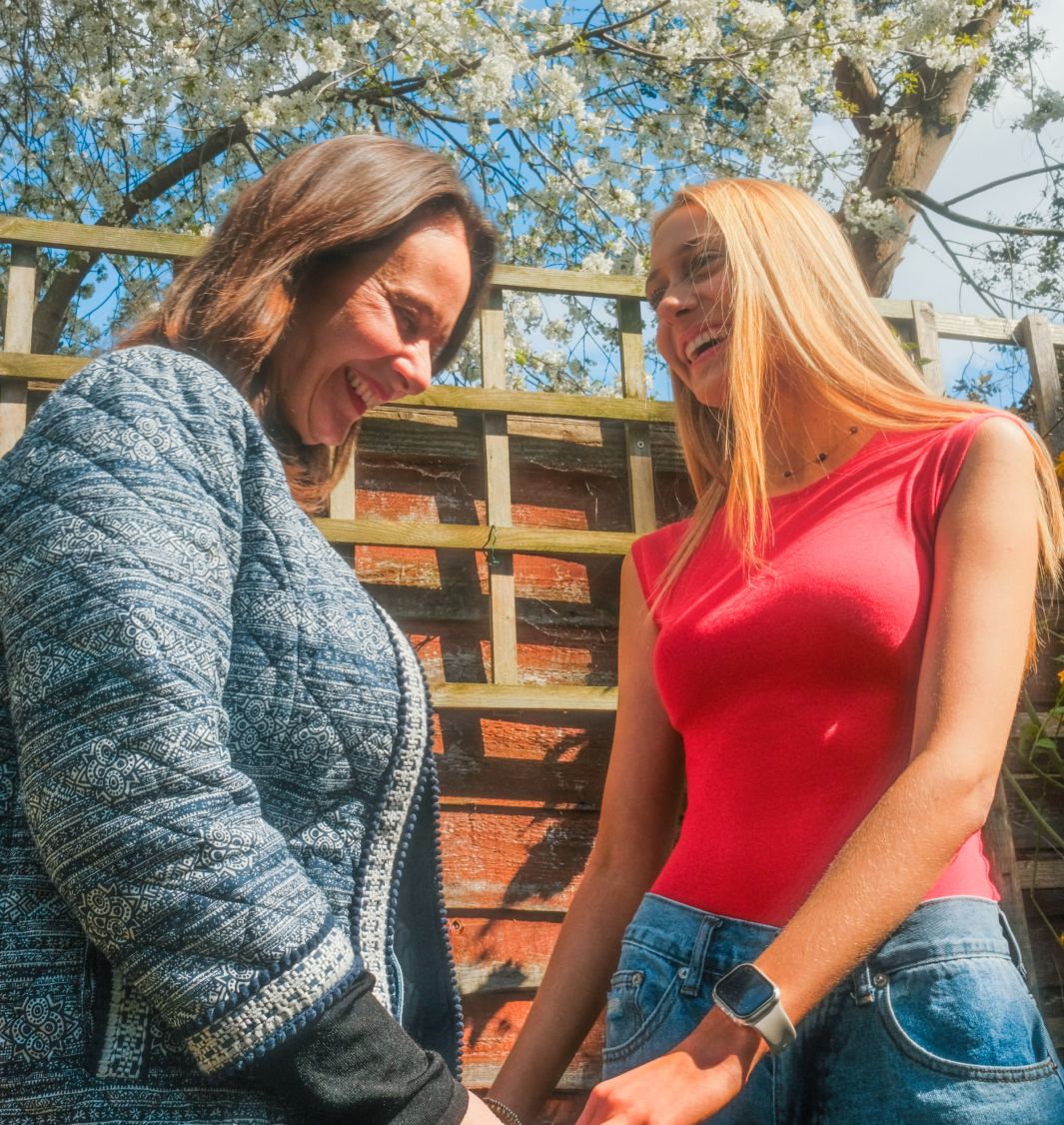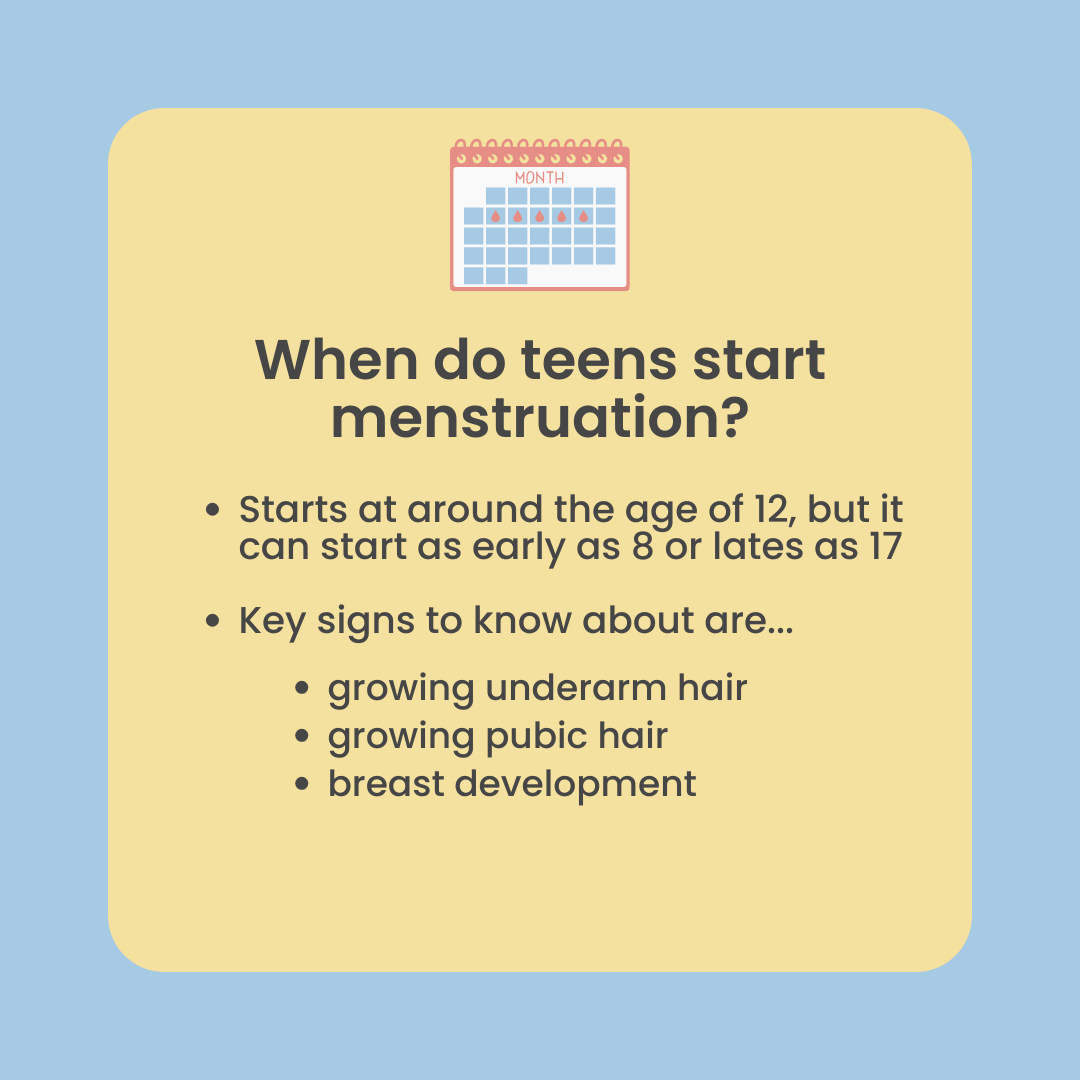
Signs your daughter is about to start her period
What age can she expect it?

Quick summary
- Most teens start their period around age 12, but it can happen anytime between 8 and 17
- Signs of a first period usually start about two years before a first period, with breast development, underarm hair, and pubic hair
- To support your teen, reassure them that their period will come when their body is ready, set expectations on what their period might feel like, and help by putting together a first-period kit

Parents are often worried about their daughter’s first period and it’s totally understandable if you're in the same place too.
There’s a lot to learn and prepare for as a parent, and a lot to know to keep your daughter prepared for it too.
That’s why, here at luna, we’ve put together just the article you need – including signs your daughter is about to start her period.
Keep reading to learn about puberty changes, and how to prepare your daughter for her first period.
When do girls typically get their first menstruation?
Girls (assigned at birth) usually start their first period around age 12, but it can happen as early as 8 or as late as 17.
Your teen might be feeling nervous, excited, anxious, or even left out when it comes to getting their first period – luna has a Q&A feature in the app and gets plenty of messages from teens about this exact topic!
So, with that in mind, it's important to encourage your teen to start tracking their symptoms early to help them feel more confident and prepared.
Luckily, the luna app can be with them every step of the way, and has plenty of medically-verified content to prepare them for their first period (unlike what they might be seeing on social media).
The experts on luna can also answer any questions they may be too embarrassed to ask you.

3 signs your daughter is about to start her period
Among all the puberty changes, what parents and teens are mostly worried about is the first period.
And that's why being able to spot the signs of your daughter's first period can be super helpful for a parent – it can help you support your daughter better with what they need.
So here are some indicators that your daughter is about to have her first period:
- Breast development: growth and tenderness in the breasts often begin years before the first period
- Body hair growth: the appearance of hair under the arms and in the pubic area is a sign of hormonal changes
- Increased vaginal discharge: a white or clear discharge is common in the lead up to the first period
These are the key first puberty symptoms to track. Periods usually start about 2 years after the first signs of breast development.
Being aware of these signs can help you prepare your daughter for this natural transition, ensuring she feels informed, supported, and confident.

When should someone seek medical advice if they have no period?
If your daughter's first period hasn't started by:
- age 15
- or age 13 without any signs of puberty like underarm or pubic hair or breast development
then it’s best to take them to see a doctor in case any tests are needed.
Delayed periods or puberty can sometimes be linked to medical conditions, just as early puberty (under the age of 8 in girls) known as precocious puberty, may require medical attention.
How can you support your daughter’s first period challenges?
A few points to keep in mind that can help you along the way:
- Normalise the conversation: talk openly about periods to remove any stigma or embarrassment
- Provide the essentials: have pads, tampons, or period underwear ready so she feels prepared
- Teach proper hygiene: explain how to use and dispose of period products safely and hygienically
- Help track cycles: introduce her to a period tracking app – like luna, which is designed for teens
- Encourage self-care: let her know it’s okay to rest and take care of herself during her period
Please reassure your teen that whatever it is they're feeling about their period, be it scared or excited, it is normal.
Be patient and supportive: mood swings and emotional changes are normal, so offer reassurance and understanding.
You might find these first period dos and don’ts helpful for guiding the conversation.
Their period will come when their body is ready, and there’s nothing they can do to make it come faster.
Encourage them to use this time to really educate themself about what to expect and consider putting together a first period kit to help them feel prepared.

How we created this article:
luna's team of experts comprises GPs, Dermatologists, Safeguarding Leads and Junior Doctors as well as Medical Students with specialised interests in paediatric care, mental health and gynaecology. All articles are created by experts, and reviewed by a member of luna's senior review team.
Sources:
NHS "Starting periods" | Accessed 19.03.25
https://www.nhs.uk/conditions/periods/starting-periods/Cleveland Clinic "Menarche" | Accessed 19.03.25
https://my.clevelandclinic.org/health/diseases/24139-menarcheFind out about trends when your teen does
Sign up to our parent newsletter for emails on the latest teen trends, insights into our luna community and to keep up to date
By signing up, you are agreeing that we can use your email address to market to you. You can unsubscribe from marketing emails at any time by using the link in our emails. For more information, please review our privacy statement.